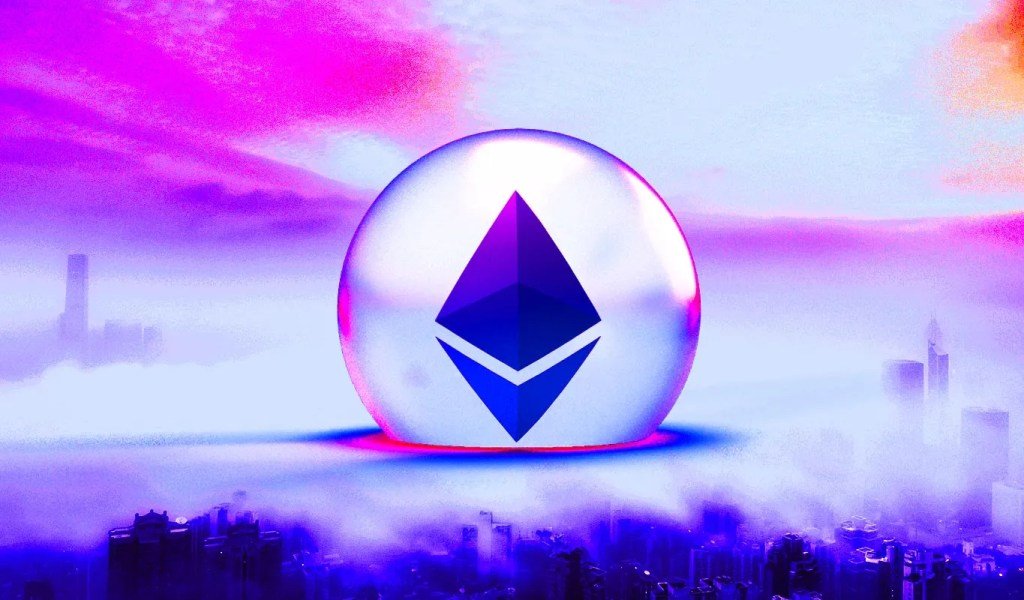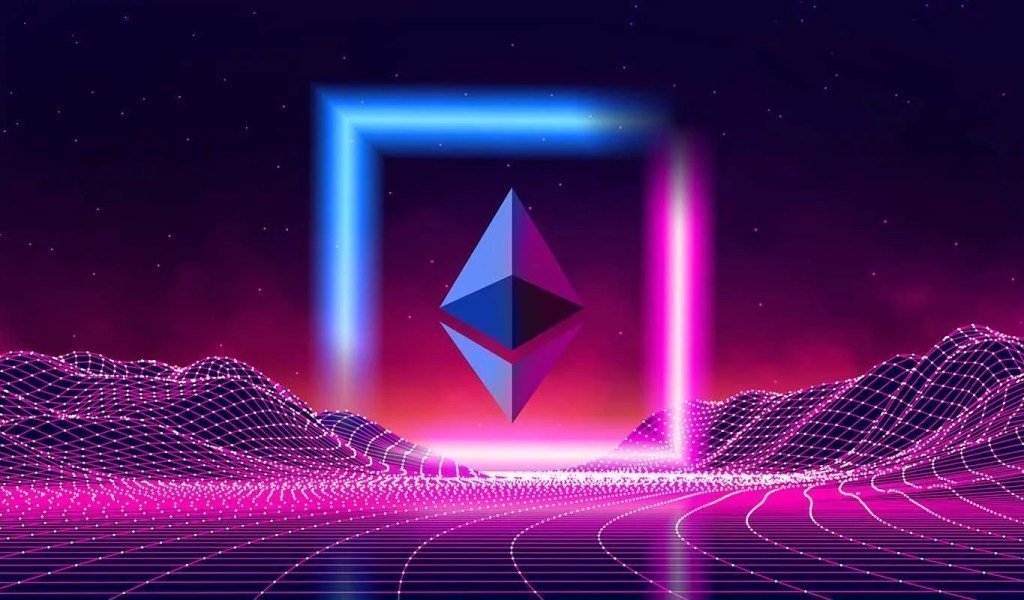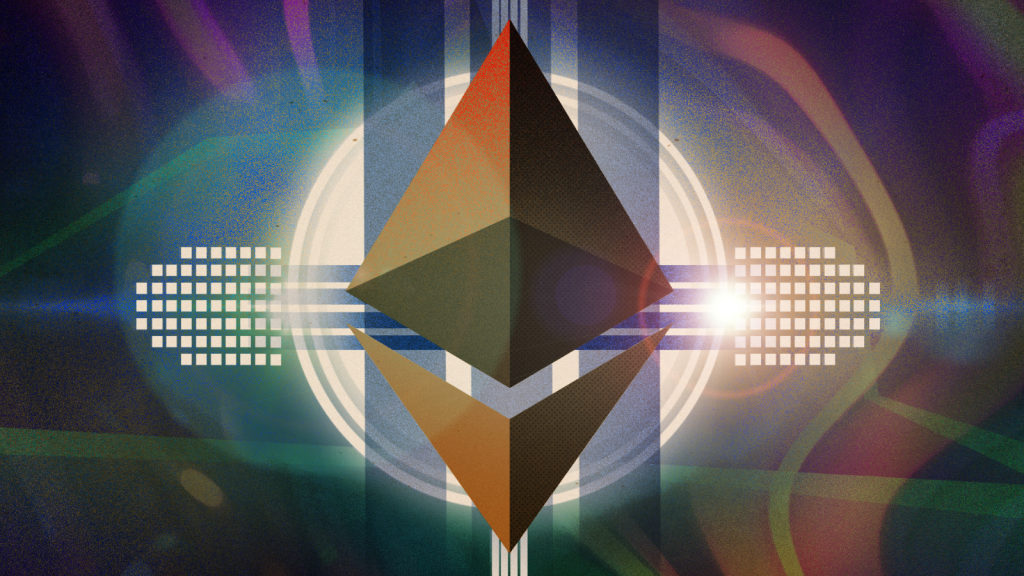The head of research at Arca, a $600 million crypto investment firm, shares the bull and bear situation for the leading altcoin Ethereum. It also explains how it can turbocharge the growth of layer-2 Blockchains.
What does Merge mean for the leading altcoin?
Investors and industry participants are looking for ways to both make sense of and capitalize on Ethereum’s highly anticipated technical upgrade. Despite the harsh macroeconomic conditions, ETH experienced a minor rally on speculation around Merge. cryptocoin.com As you follow, this move jumped to a two-month high on August 11th. Ethereum has since plummeted, possibly on inflation woes. But it left investors wary of risky bets.
According to experts, Merge will be a way to reduce the energy use of the network by more than 99%. Because ETH will switch the network from an energy-intensive Proof-of-Work (PoW) to a Proof-of-Stake (PoS) model. Blockchain developer Ben Edgington says the upgrade will be ‘the most ambitious thing ever made’ in the industry. According to Edgington, Merge is fundamentally restructuring a blockchain worth hundreds of billions of dollars. That’s why it’s like changing the engine mid-flight. For some, Merge is the most important event in crypto history right after the invention of Bitcoin and Ethereum.

Ethereum as the current ‘market leader’
Just weeks before the upgrade, Arca’s head of research, Katie Talati, shares her views. In this context, he explains both bull and bear situations for Ethereum. Ethereum currently outperforms most other layer-1 blockchains in market cap. It is also in a leading position in terms of its ability to keep developers in its network. Talati makes the following statement:
If you think crypto can disrupt the internet, then the industry needs to see a layer-1 blockchain rising from the masses and differentiate itself. Ethereum is the market leader. However, it doesn’t have to stay that way forever.

Ethereum received its credentials in 2014. At the same time, the altcoin has a first mover advantage in the emerging space. Layer-1 blockchains such as Solana and Avalanche entered the market in 2017 and 2018, respectively. Talati makes the following assessment for the leading altcoin:
If you’re a new developer entering the field and trying to learn a smart contract scripting language or figure out how to deploy an app on a Blockchain, there’s a lot more knowledge and support available in the Ethereum ecosystem. More in general than on other systems.
Also, Talati says that there is no end of time for the success of a Blockchain. That is, there is still room for another layer-1 to seize market share and ‘break the code’ against the growing frustrations commonly associated with smart contract networks.

What is holding back the leading altcoin Ethereum?
Talati says there is a general lack of technical talent in the crypto space compared to the broader tech companies. As soon as the industry hires ‘top quality engineers’, it can grow even bigger. In addition, it is possible to recruit more users. More technical experience could individually fix the often cited deterrents to using Ethereum’s network, such as scalability issues and high gas fees. For the sake of clarity, the Ethereum Foundation plans to address these issues in future upgrades.
For using Ethereum’s network, Talati says, “This affects not just fees, but user experience as well.” “Have you tried using the blockchain when it is really congested?” he asks, recording that this is a problem. For example, Yuga Labs, the company behind the popular NFT collection Bored Ape Yacht Club, has launched an Ethereum-based virtual title sale. This resulted in record-breaking costs, network congestion, and even failed transactions. After the chaos broke out, Yuga Labs tweeted, “We apologize for turning off the lights on Ethereum for a while.”

Going forward, Talati says the concern with Ethereum’s network is that its roadmap or upgrade plans are not clearly spelled out in terms of ‘what are the next goals’. However, he adds that the Ethereum Foundation is already doing a lot of research on this. According to Talati, Layer-2s, frameworks or protocols built on top of the Ethereum network could also support the success of blockchains. Developers can build decentralized applications or DApps in these layer-2s as well as printing NFTs and other functions.
Optimism, Arbitrum, Polygon, and Immutable X are popular tier-2s that have lower gas fees and faster transaction times than their associated smart contract network. For example, Polygon hosts over 37,000 DApps. It also has $5 billion in assets, for which it has registered 154 million unique user addresses. Talati says the tier-2 market is ‘multi-segmented’. However, he adds that over time it will attract more participants to the Ethereum ecosystem.







